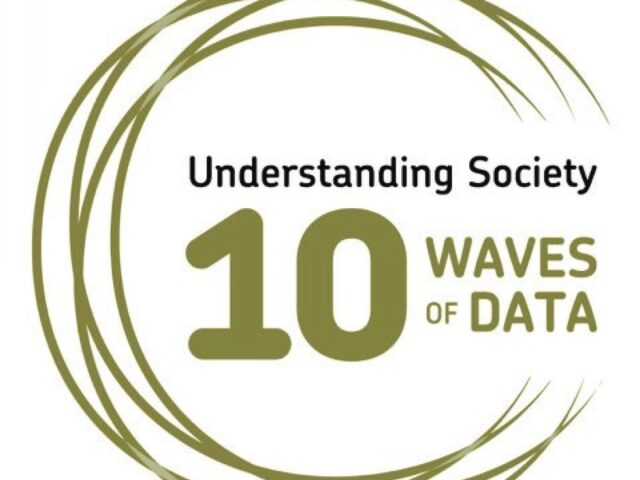Understanding Society was established in 2009, building on the successful British Household Panel Survey. In the original plans for the Study our funders, the Economic and Social Research Council (ESRC) identified nine benefit areas which they felt Understanding Society would be uniquely placed to address. These benefits inform the design of the Study, are used to measure the success of the data collection as a whole, how users interact with the Study, and how Understanding Society is used by researchers and policymakers.
Our benefits
- The Study promotes new waves of inter- and multi-disciplinary research.
- The Study promotes and develops new forms of methodology.
- The number and breadth of data users increases over time.
- Recognition of the UK’s reputation as an international centre of social science excellence.
- The Study contributes to capability in quantitative methods and use of interdisciplinary data.
- There are new insights into interactions between social and biological data.
- The Study enables new forms of science over time.
- The Study informs development of new policy over time.
- The Study informs development of business practice in private and Civil Society sectors.
Read the Benefits Report
Our Benefits Report outlines progress against our defined benefits. In preparing this report we have tried to capture metrics on the number of data users and the growing research use of the dataset in different disciplines, plus the wider impact of the Study on policy and commercial areas.
A decade of Understanding Society
In recognition of this decade milestone, this report presents evidence on the achievements of the Study up to the end of 2020. In this time, 10 waves of Understanding Society have been released and a further three waves are in the field. 11 waves of the Innovation Panel have been released, two are currently being prepared for final release and one is in the field. The Study, with its users, has had a major impact on science and policy in its first ten years. But, like all longitudinal investments, it is evident that its impact is growing and accumulating with age. At the end of the report we briefly highlight the innovations we are currently adopting, so that the Study continues to create cutting edge research opportunities for the next decade and beyond.
Biomarkers, genetics and epigeneticsCovid 19EducationEmploymentEthnicity and immigrationFamily and householdsHealth and wellbeingIncome and expenditureMoney and financesPolitics and social attitudesSocial mobilitySurvey methodologyTransport and environmentYoung people



